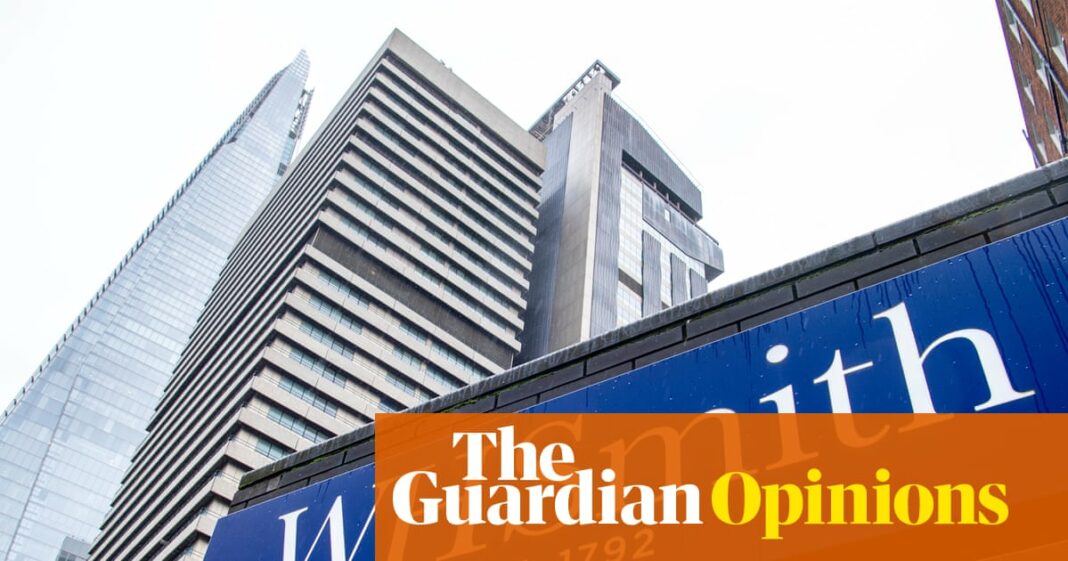This is how, in retail-land, to shatter your credibility with investors in one short statement: confess to a significant overstatement of profits related to the recognition of payments from suppliers.
This stuff is both sensitive – witness the upheaval after an episode at Tesco a decade ago – and basic. While it is normal for retailers to receive payments from suppliers related to the volume of goods sold, or promotional activity, accounting rules are strict. The sums must be booked as they are earned. In a multi-year agreement, payments cannot all be taken upfront.
WH Smith’s last annual report was also clear that the principle should be straightforward to put into practice: “The level of complexity and judgment is low in relation to establishing the accounting entries and estimates, and the timing of recognition.”
Thus a £30m profits overstatement in WH Smith’s North American division – “largely due to the accelerated recognition of supplier income” – is enormous in the context of the size of the operation. The estimate of headline trading profits in the unit this year has been cut from £55m to £25m.
Group-wide profits should still arrive at £110m this year because the UK operation – think shiny shops in airports and railway stations, rather than the now-sold dusty high street stores – is still bigger. But the 42% fall in the group’s share price on Thursday, equating to almost £600m in terms of stock-market value, still looks more than justified.
North America was meant to be the gleaming growth opportunity for WH Smith. The promise, after the sale of its UK high street shops, was for a pure “global travel” retailer with a single-minded focus on expanding its presence. Its US business takes in a tech and gadget format, InMotion, plus stores for other retailers. About 40 shops were opened in US airports last year on the way to making the division “an increasingly significant part of the group”, as Carl Cowling, the chief executive, put it.
At least for now, the expansion plans are intact and it’s just a question of correcting the accounting errors and waiting for Deloitte, a freshly appointed independent reviewer, to run a forensic check on all the supplier contracts. Well, let’s see. These types of accounting cock-ups rarely become smaller on closer inspection and the affair raises questions that Cowling, the chair, Annette Court, and the board haven’t begun to address.
For starters, WH Smith investors will want a comprehensive account of how the financial controls could have failed so badly that more than half this year’s promised profits from the US could evaporate in one swoop. Then they will want to know the degree to which the US operation is dependent on supplier payments. What would returns look like without them? As Peel Hunt’s analyst said: “Bigger questions remain about the margin structure of the US businesses.”
Come back in November for WH Smith’s full-year numbers and its complete version of what went wrong. Until then, the shares – now at the lowest in a decade – look like dead money. The US rollout plan requires projections shareholders can believe.



